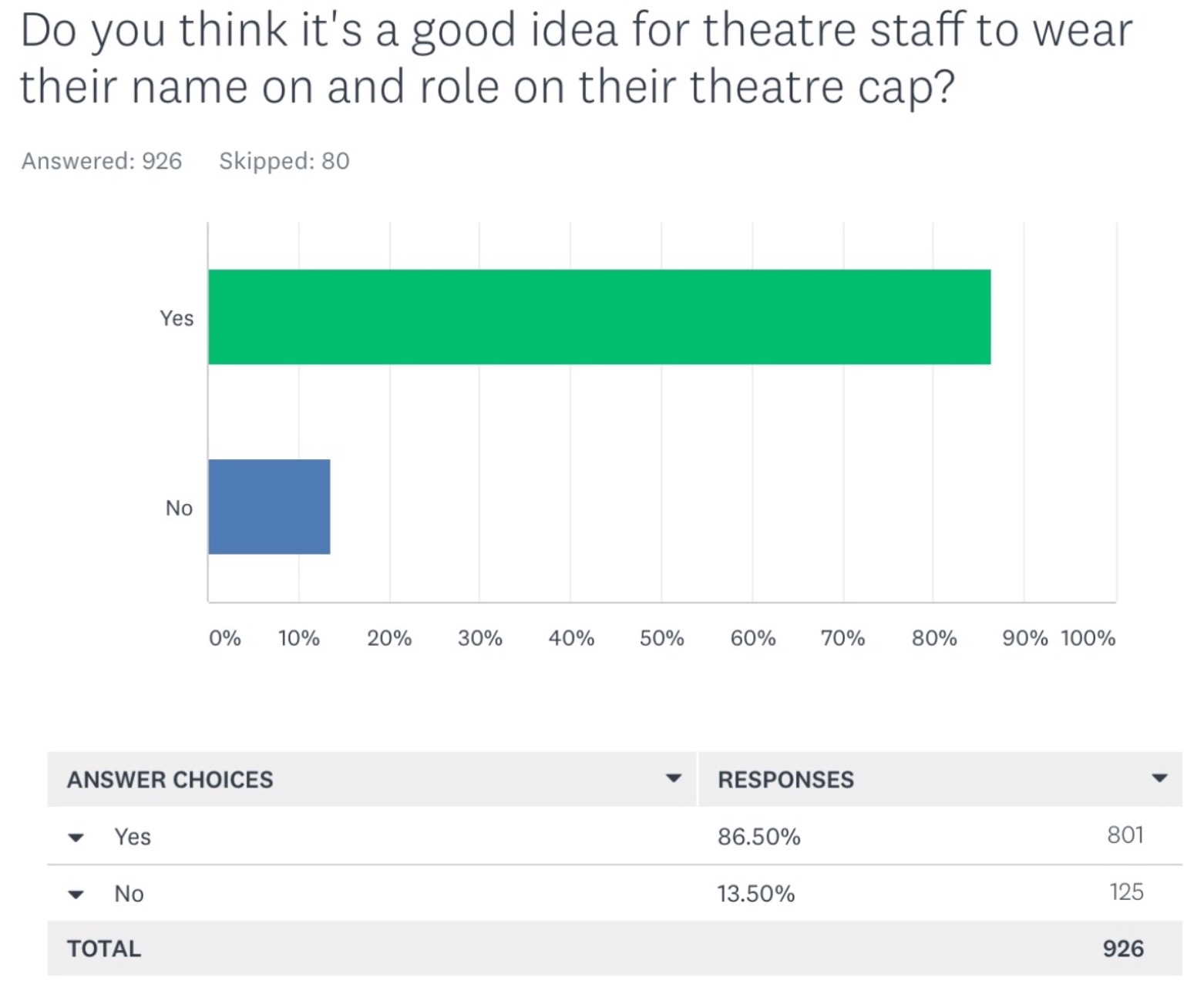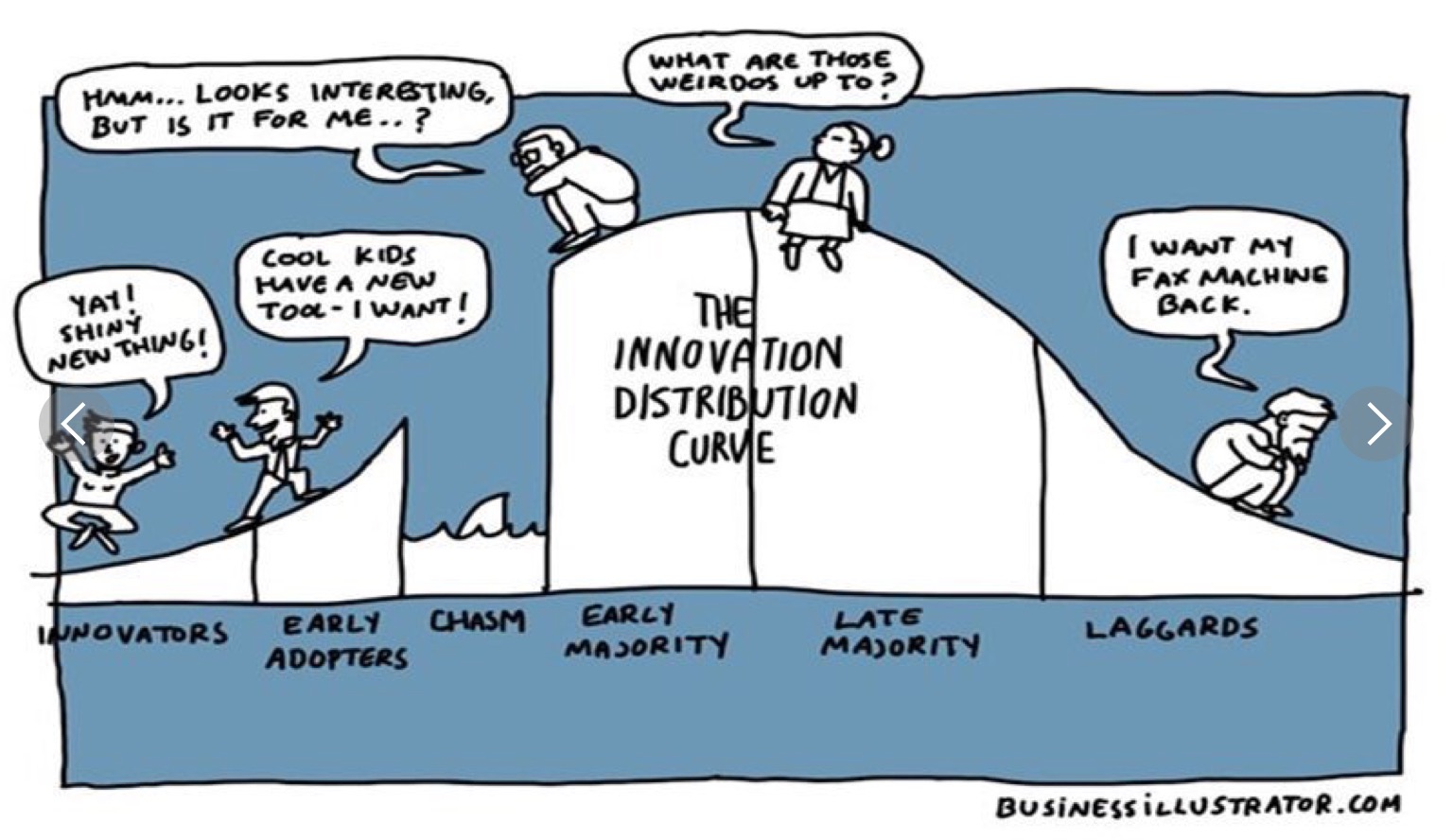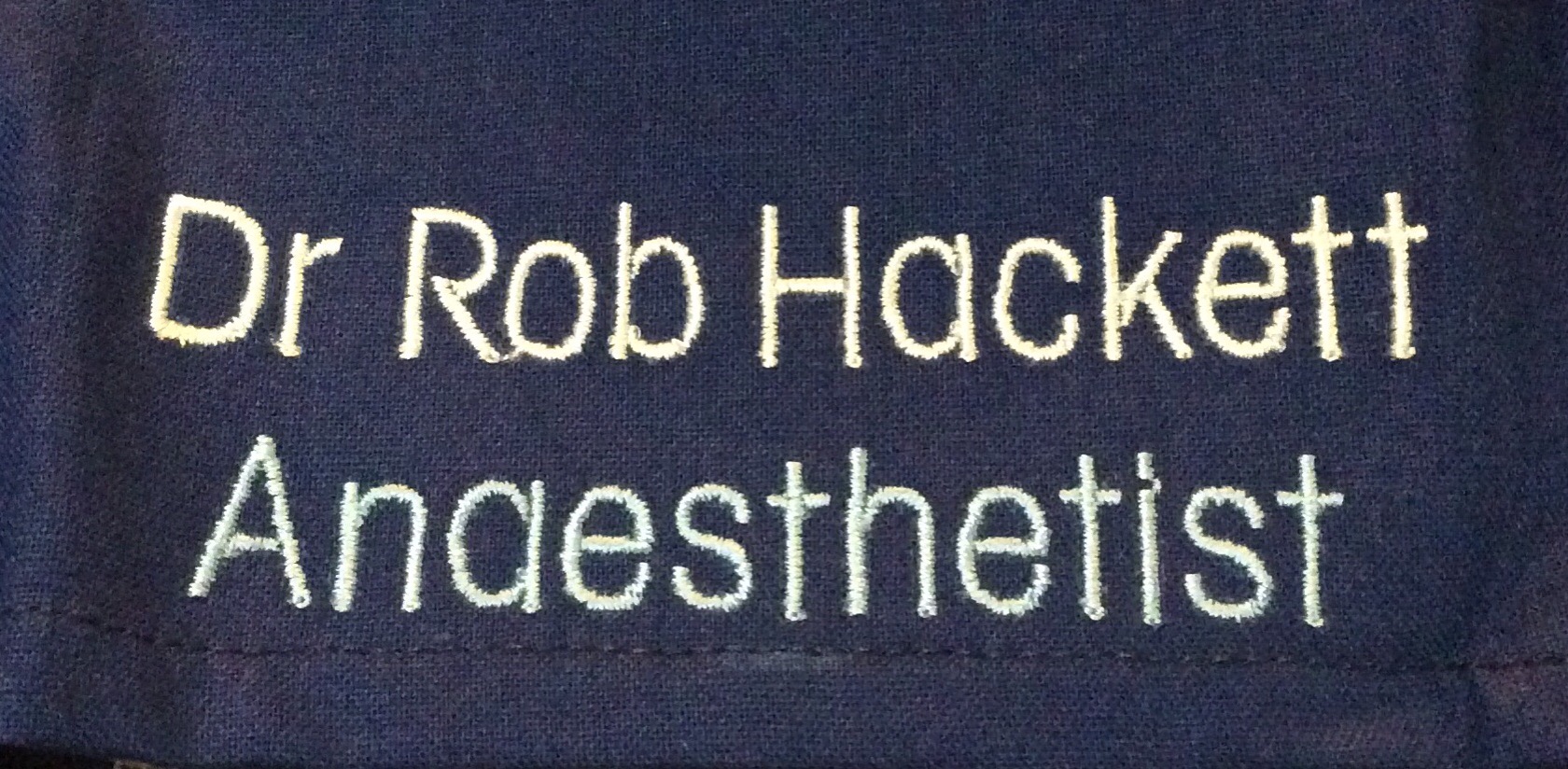To Dave or to Dr David Smith? That is the question.
Those who’ve read Don Norman’s book ‘The Design of Everyday Things’ will recall the need to respect cultural differences in the process of design.
Don relays how different cultures lay out a deck of cards dependent on their cultural conditioning – Westerners from left to right (the direction in which western books are read), Middle Eastern Hebrew readers from right to left and aboriginals in an arc in the direction of the rising sun.
Cultural differences exist in how healthcare staff choose to be addressed.
Further some staff alter how they choose to be addressed depending upon who they’re addressing themselves to. There may a tendency for senior generations to expect healthcare staff to present themselves via their full title ‘Hello my name is Dr David Smith – I’m the anaesthetist caring for you’. They may be put off by a doctor introducing themselves ‘Hello I’m Dave the anaesthetist caring for you’
Also there are benefits to theatre efficiency in displaying ones full name. Staff often need to write surnames when completing forms – this process streamlined if they can see staff names in full.
At the same time an extensive study found ‘the vast majority of junior doctors consider the consultants they address informally to be more approachable’ (see here). It appears there are benefits to colleagues introducing themselves by their first name.
Further some staff may be concerned about personal security issues if using their full name – they may be more comfortable displaying just their first name. Of note London Transport allows staff to choose an alias if concerned about security (see here). Perhaps as long as one responds to the alias when it’s used that is still beneficial.
Recently I discussed the resistance to name and role theatre hats with a surgical colleague – a very mild mannered gentleman I have a lot of respect for. I noted how in a survey 88% of patients want us to display names and roles on our hats 86.5% of front line staff too:

In subgroup analysis 100% of nursing and medical students supported the initiative yet this figure dropped down to 55% when looking at surgeons with over 20 years in healthcare.
The surgeon pointed out that perhaps it was because of the way the question was asked.
I thought about this for a while – in writing, the question was the same for everyone:
‘Do you think it’s a good idea for theatre staff to wear their name and role on their theatre cap?’
It makes no mention of how the ‘name’ should appear – however this was his greatest concern. He was upset, extremely upset actually, that it would dilute his title of Doctor and the respect it deserved.
On reflection I could see how the environmental context within which the question has been asked is important. Most staff wearing name & role hats, myself included, have been using their first name only – I believe through consideration for creating an environment of improved communication.
Yet, perhaps, this surgeon belongs to a very influential group vitally important to collaborate with for any intervention to get across the ‘chasm’ of change.

I may be wrong yet I believe those within the laggard group may be more likely to request the level of respect and formality harnessed by the full title ‘Dr David Smith’.
My father retired as a GP over 20 years ago. He still wakes up in the middle of the night in a cold sweat thinking he’s at medical school and has an exam to sit. This is a sign of post traumatic stress disorder – we put many of our healthcare staff through this during their training, then we place the lives of others in their hands. Healthcare staff have rightfully received their titles and I respect this.
Further I’ll do what is necessary to provide front line staff with the optimal environment for patient care. Amongst many other things this requires getting the #TheatreCapChallenge across the chasm of change.
So I’ve ordered some new hats (for myself and for my surgical colleague too).
I’ll continue to introduce myself to colleagues as Rob, and to most patients as Dr Rob Hackett.
Interested to see what happens and as always most grateful for your feedback.


4 Comments